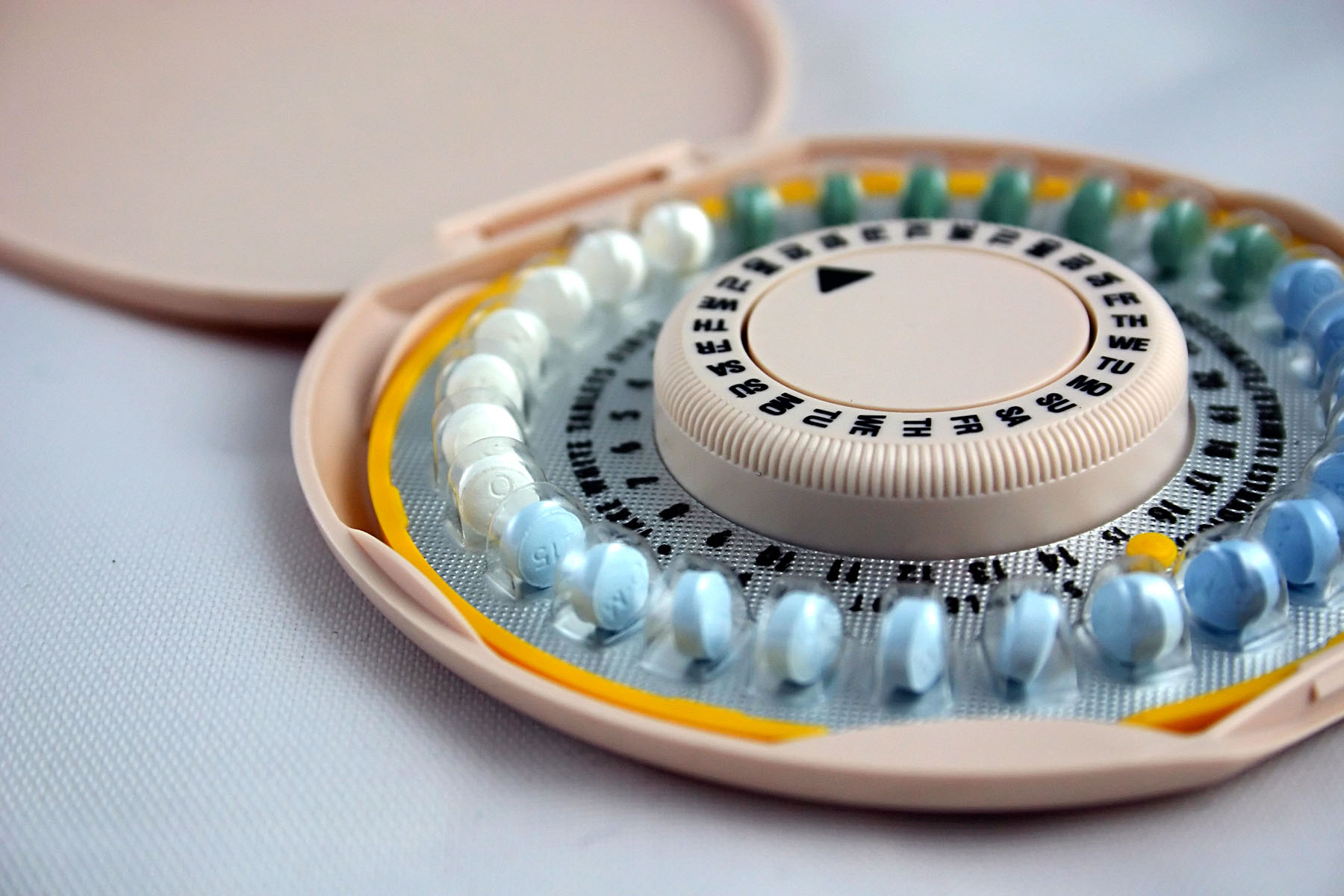Double Duty : Oral Contraceptives and Depression
"The women who started contraception during puberty don't show that stress response that they should when they're presented with a stressor. And that is worrisome because that means that, first, they're not reacting to the stressor, and secondly, they're not bringing their system back to homeostasis. So, objectively, they're telling us that they're stressed, but their body is not reacting to it."
 |
"It points to a mechanism that could explain why many women suffer depression once they start oral contraceptives.""Women's health research has been lacking because we've given priority to issues related more to men's health, or those affecting most of the population, and we've kind of forgotten that 50 percent of the population has unique problems. But it's worth investigation, and it needs investigation."
 |
"We want to find out the impact that it has on these young women, too. And we want to find the mechanism that would help us understand why some women are more susceptible than others to developing mood disorders, and whether the birth-control pill is a contributing factor, and if there is any way to predict, before a woman even starts to take the pill, whether it will be the right fit for her, or if there might be injuring consequences that we could prevent by using an alternate method.""We don't want to discourage women or girls from taking oral contraceptives. We just want them to be informed, to be able to weigh the pros and cons, and then make an informed decision."Nafissa Ismail, associate psychology professor, University of Ottawa

With the use of stress tests and magnetic resonance imaging, Dr. Ismail, research chair in stress and mental health at University of Ottawa, along with Andra Smith, psychology professor at University of Ottawa, are involved in a research team that graduate student Rupali Sharma is heading. The issue is the synthetic hormones in birth control pills affecting women's health, in particular women young enough that their brains are still in development. The purpose of the research is to determine how the hormones interact with the brain.
The research involving MRIs and stress tests reveals that women using oral contraceptives display more activity in their prefrontal cortices, while engaged in the performance of memory tasks. This increased activity requires additional investigation to verify the implications, but the suggestion is that their brains are working overtime to arrive at similar outcomes in comparison to women not on the pill.
:max_bytes(150000):strip_icc():format(webp)/GettyImages-200146015-001-56a8a18a5f9b58b7d0f3c538.jpg) |
The first phase of the research results are pending publication in the journal Hormones and Behavior. What is of concern to Dr.Ismail is the dulled response to social stress since it suggests the brains of youthful users of the pill have developed differently than what is considered normal, as a result of the chemicals present in the oral contraceptive, resulting in an inability to react to stress; that condition ensuring that the stress is never resolved.
 |
Women diagnosed with mental-health issues were deliberately excluded from the study but even so definitive causal relationship remains inconclusive. A blunted stress response is common in women suffering from depression, points out Dr.Ismail. Part of the problem of this grey area where use of the contraceptive pill and depression in users -- though a casual link has long been noted, is the relative paucity of research devoted to the potential of neural development linked to the use of oral contraceptives.
Oral contraceptives work by inhibiting ovulation, preventing sperm from entering the Fallopian tubes, deterring fertilized eggs from attaching to the uterine wall. And they are prescribed and used by young women to control acne problems, heavy menstrual flow, and premenstrual syndrome.
Birth control pills contain hormones. These hormones change how your reproductive organs work in order to prevent pregnancy. Combination pills contain man-made versions of the female hormones estrogen and progesterone. These hormones prevent the release of an egg from the ovary, or ovulation. They also thicken your cervical mucus, which makes it hard for sperm to travel to your uterus and fertilize an egg.healthline
Labels: Bioscience, Depression, Oral Contraceptives, Research, Young Women

0 Comments:
Post a Comment
<< Home